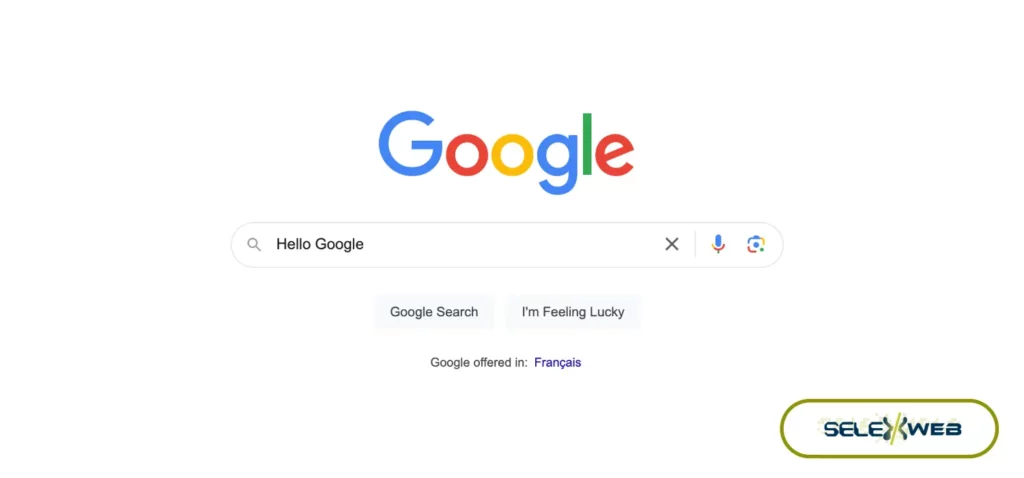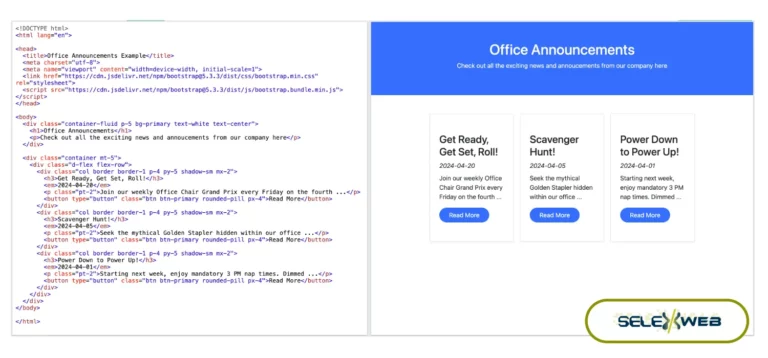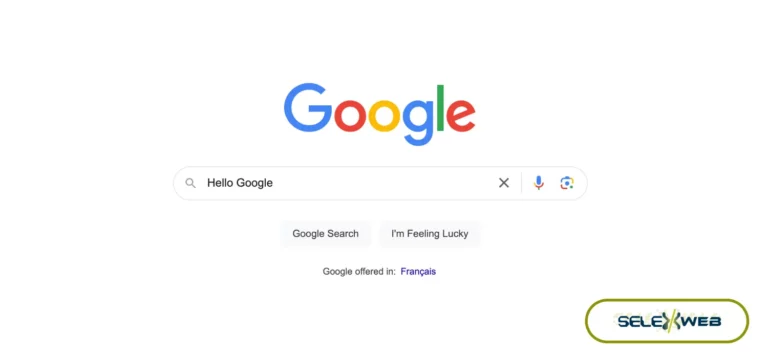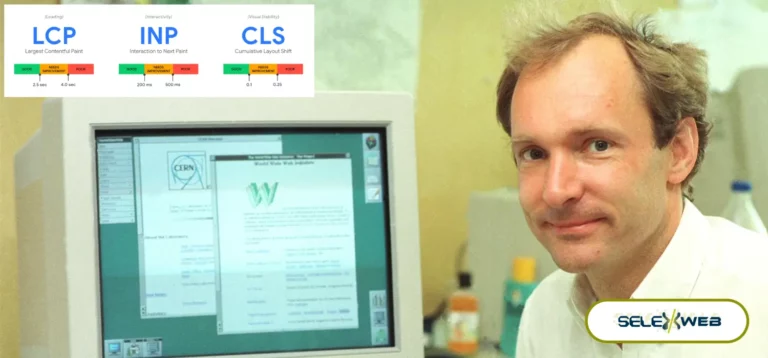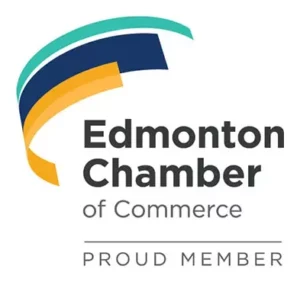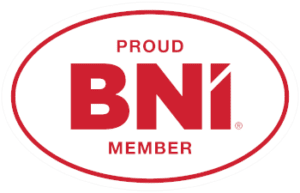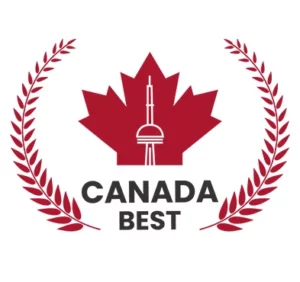According to Themeisle, an estimated 1 billion sites exist online globally already, and 46 new websites are launched every second. With around 4 million new websites launched daily, we see clients walk in with the question, “How can I get my new website noticed by Google quickly?” If you are a website owner with a new business, keep reading for some tips!
When a new site is launched, there are some systematic processes in place on Google’s end before you see your website popping up on Google with your business name. You will meet Google’s first point of contact the Googlebot.
The Googlebot: The Web Crawler
Googlebot is an intelligent robot that navigates the vast ocean of the internet. Its job is to find and dissect information from websites using Google Search Algorithms, which help organize the information so that it can be displayed in search results. When Googlebot targets a site, it may access multiple pages at the same time, depending on various factors like is this an improtant site to crawl or is the server getting overwhelmed. Once it gathers information about the pages, it notifies the Google search algorithm to index & rank them.
You should check out this awesome short video featuring Gary Illyes from the Google Search team. In it, he gives a really informative overview of things from a technical standpoint. It’s definitely worth a watch!
What are “Indexing” & “Ranking”?
When your new website or a newly created page on old website shows up in Google search results, it’s been “indexed.” This means Google knows about your page and thinks it could be useful to people searching for information. After indexing, there’s “ranking.” Google decides how relevant your site is to certain keywords and where it should appear in search results.
A variety of factors influences the decision making at this level: like the quality of the content, age of your site, other trusted incoming links to your site etc. Google is constantly tweaking their algorithms, so these factors change often than you would think.
If all goes well here, you may see your new website or newly published blog on Google. Even after crawling your site, Google may choose to not index and rank your content. This happens a lot with new and well established websites, not all pages from all sites are indexed.
Note: If a page or site is on Google, its ranking can change during its life cycle. Similarly, if a page is indexed, it can also be de-indexed if Google deems it unhelpful.
Now, Problem with The New Website
Launching a new website is super exciting, but it might take a while for Google to notice it. If all goes well, sometimes, it’s just the homepage that appears in searches initially, and fully indexing your site could take 2 to 6 months on average. Ofcourse, this timeline varies widely depending on your niche, quality, the demand for your content, and your site’s connections through links.
For instance, we worked with a client recently, who started a new business a couple of years ago in a very competitive niche targeting a global audience, they noticed it took about 15 months for Google to crawl the entire site. On the other hand, we have had a client in trades, a new local business, also in competitive niche, within the first week the site is index and ranked. Althrough there is a lot of factors out of your control, but how well you position your online initially matters a lot in terms how your site will show up on Google.
Here is why: earlier days of Google search, the online wasn’t as competitive as it is today. There were less websites and more search demand for almost every industry and every niche. Now a days, there are billions of website and about 50 of them being added every seconds. There are already a lot of content on Google search and the Googlebot has limited resources and they have to prioritize crawling and indexing based on what they perceive as a priority. As you can see, there are a variety of factors goes into the process before Google decides to crawl, index and rank your new website for their users.
Remember at the end of the day, Google is trying to refer their users to quality site or page, where their customers get their problems solved or whatever these users intention was. Maybe they are looking to get correct information or maybe looking to hire a electrician that solves the problem. Google does it very well, that’s why Google is Google, most successful search engine in the world.
So what can you do from your end?
Sure, there are lot of moving factors here, but there are a lot you can do from your end. If you are a local business owner targeting local area specific audience with a new website, here are three tips that you can follow initially, when you launch a new website, that will help you get noticed quickly with Google and hopefully get indexed faster.
1. Create a Sitemap:
Why It Matters: A sitemap is like a map of your website that guides Googlebot through all your pages. It helps the bot understand the structure of your site, ensuring no page goes unnoticed.
What you can do: Most website platforms offer tools or plugins to generate a sitemap automatically. Once created, submit your sitemap to Google via the Google Search Console. This step is critical for new websites notifying Google and invite Googlebot to the site for crawling. Make sure, the site is accessible to Google, robots.txt is properly set, allows Google to crawl the site.
2. Get Your Business Listed:
Why It Matters: Business listings are like digital signposts pointing towards your website. Google trusts sites that are listed on reputable directories and platforms, such as Google Maps (Google Business Profile), Apple Maps, local business directories, and the Chamber of Commerce.
What you can do: Start by claiming your Google Business Profile. Ensure your business information (name, address, phone number) is consistent across all platforms. This consistency is crucial for Google’s trust and for potential customers trying to find you.
3. Boost Your Social Media Presence:
Why It Matters: Social media isn’t just for sharing updates; it’s a powerful tool for signalling to Google that your website is relevant. By creating business pages and sharing content with links back to your site, you’re essentially creating a trail for Google Bot to follow.
What you can do: Regularly post engaging content related to your business. Invite family and friends to like the page, use hashtags wisely, engage with your followers, and always include a call to action directing them to your website.
Launching a new website is one of the most exciting parts of starting a new business. However, it can be overwhelming to make your website visible on search engines. Consider these tips as stepping stones to guide you through the initial phases of indexing and ranking.
Keep in mind that every business is unique with its market and offerings, so you may need more detailed guidance or assistance. If that’s the case, don’t hesitate to reach out to us. We wish you all the very best with your new venture!

